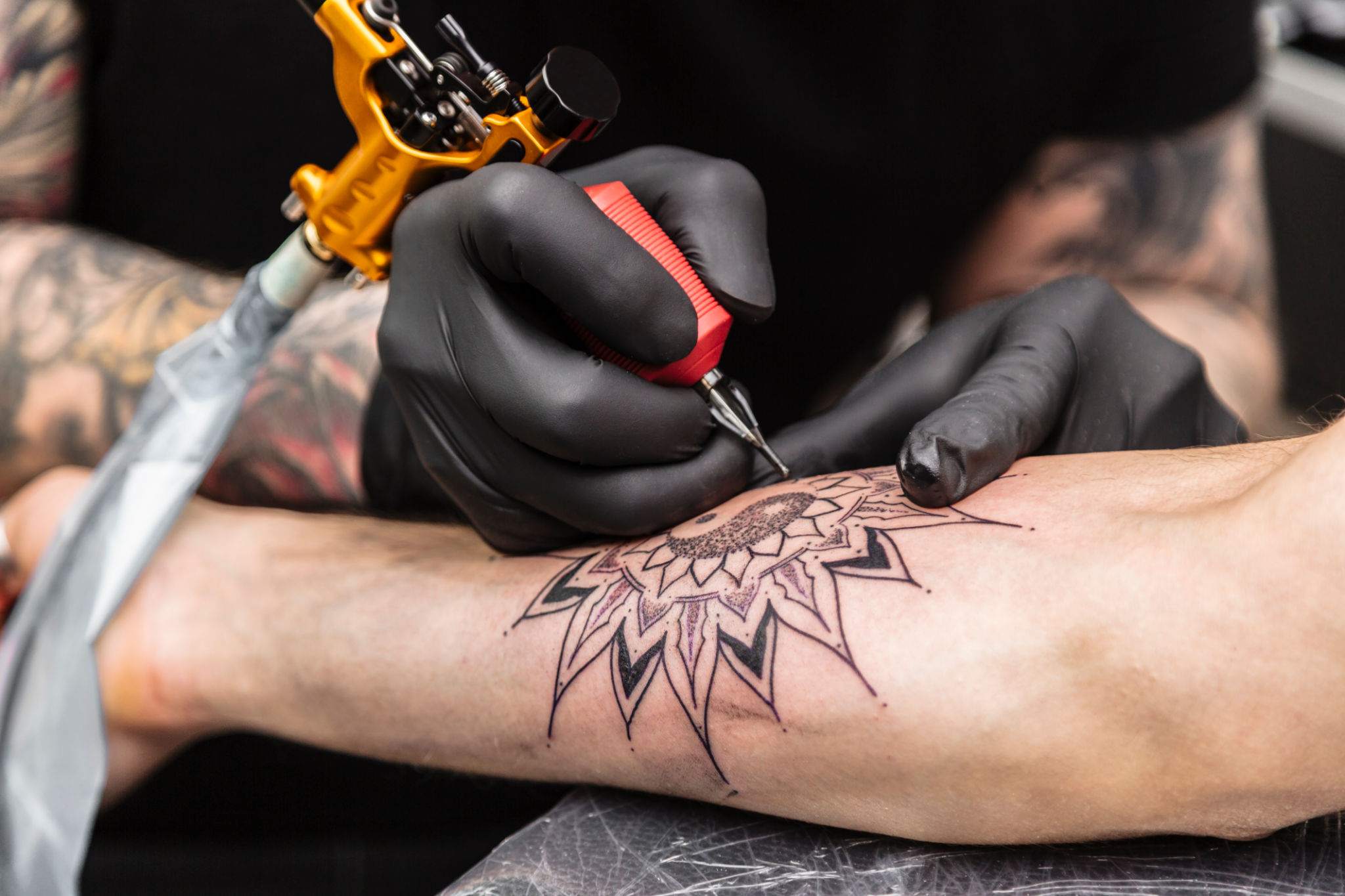Debunking Tattoo Myths: What You Need to Know Before Getting Inked
Understanding Tattoo Pain
One of the most common myths about tattoos is that the pain is unbearable. While it's true that getting a tattoo involves some discomfort, the level of pain varies depending on factors such as the location on the body, individual pain tolerance, and the size and complexity of the design. Areas with more nerve endings or less flesh, like ribs or ankles, often hurt more.
Many people describe the sensation as a series of pinpricks or a burning feeling, rather than excruciating pain. It's important to remember that tattoo artists are skilled at making the process as comfortable as possible, often offering breaks and using techniques to minimize discomfort.

Do Tattoos Last Forever?
Another myth is that tattoos are permanent and never change. While tattoos are designed to be long-lasting, they can fade over time due to factors like sun exposure, skin type, and the quality of the ink used. This is why aftercare is crucial to maintaining the vibrancy of your tattoo.
It's also possible to alter or remove tattoos if desired. Laser tattoo removal has become increasingly effective and accessible, allowing individuals to modify or eliminate unwanted designs. This flexibility makes tattoos less of a lifelong commitment than many assume.

Professionalism and Tattoos
A persistent myth is that having tattoos can negatively impact your professional life. While some industries may have conservative views on body art, societal perceptions have evolved significantly. Many workplaces now embrace diversity, including tattoos, as part of a person's self-expression.
In fact, creative industries and modern companies often see tattoos as an asset, reflecting individuality and artistic flair. Of course, it's always wise to consider your chosen profession's culture when deciding on visible tattoos.

Tattoos and Health Risks
Some people believe that getting a tattoo poses significant health risks. While there are some risks involved, such as allergic reactions or infections, these are minimized by choosing a reputable tattoo studio that follows proper hygiene practices. Professional artists use sterilized equipment and high-quality inks to ensure safety.
Additionally, following aftercare instructions provided by your tattoo artist helps prevent complications. It's essential to keep the tattoo clean, moisturized, and protected from direct sunlight during the healing process to promote healthy skin recovery.
The Cost of Tattoos
Cost is often a point of concern for those considering a tattoo. A common misconception is that all tattoos are unaffordable. In reality, the price varies widely depending on factors such as size, detail, artist experience, and location. Some artists may offer payment plans or smaller sessions to accommodate different budgets.

Investing in a good tattoo is worthwhile since it involves your skin and body. Prioritizing quality over cost can prevent future regrets or the need for touch-ups and cover-ups.
Conclusion: Making an Informed Decision
Debunking these myths about tattoos helps in making an informed decision when considering getting inked. By understanding the realities regarding pain, permanence, professionalism, health risks, and cost, you can approach the experience with confidence and excitement.
Remember to research artists thoroughly, communicate openly about your design ideas and concerns, and follow aftercare instructions diligently to ensure a positive tattoo experience.
